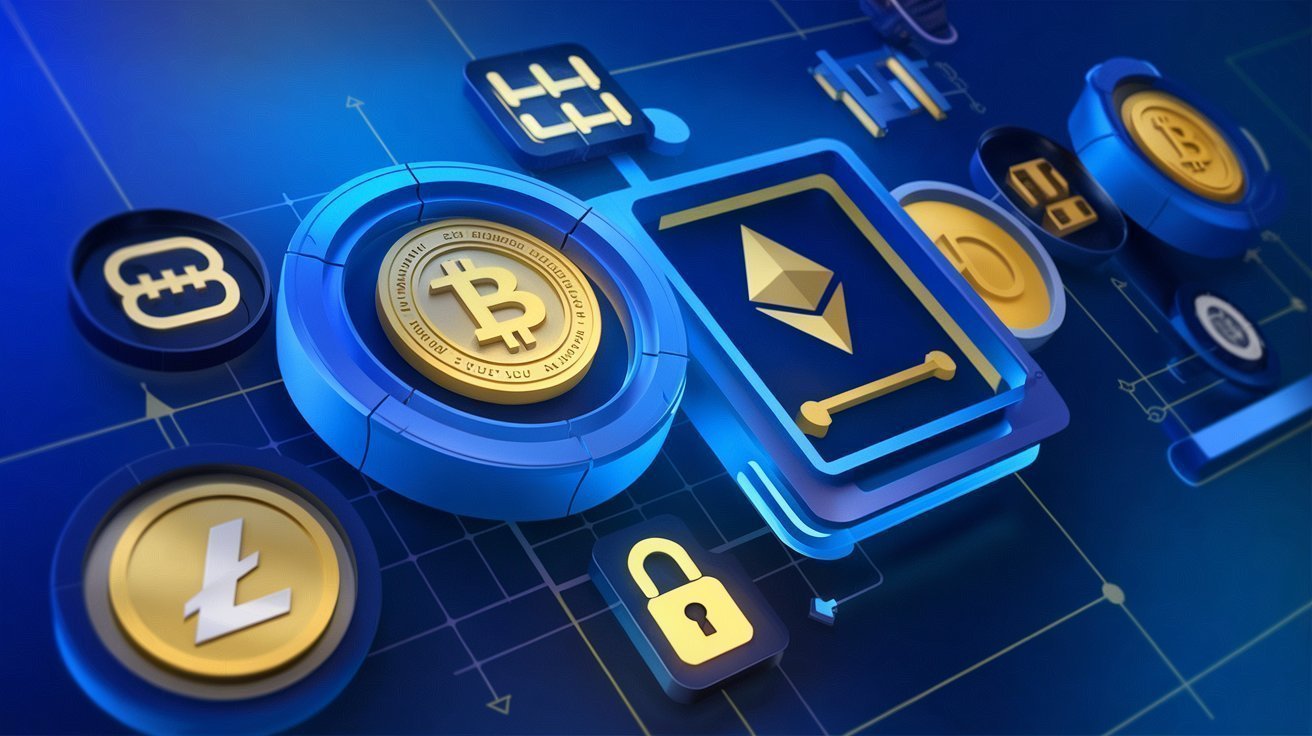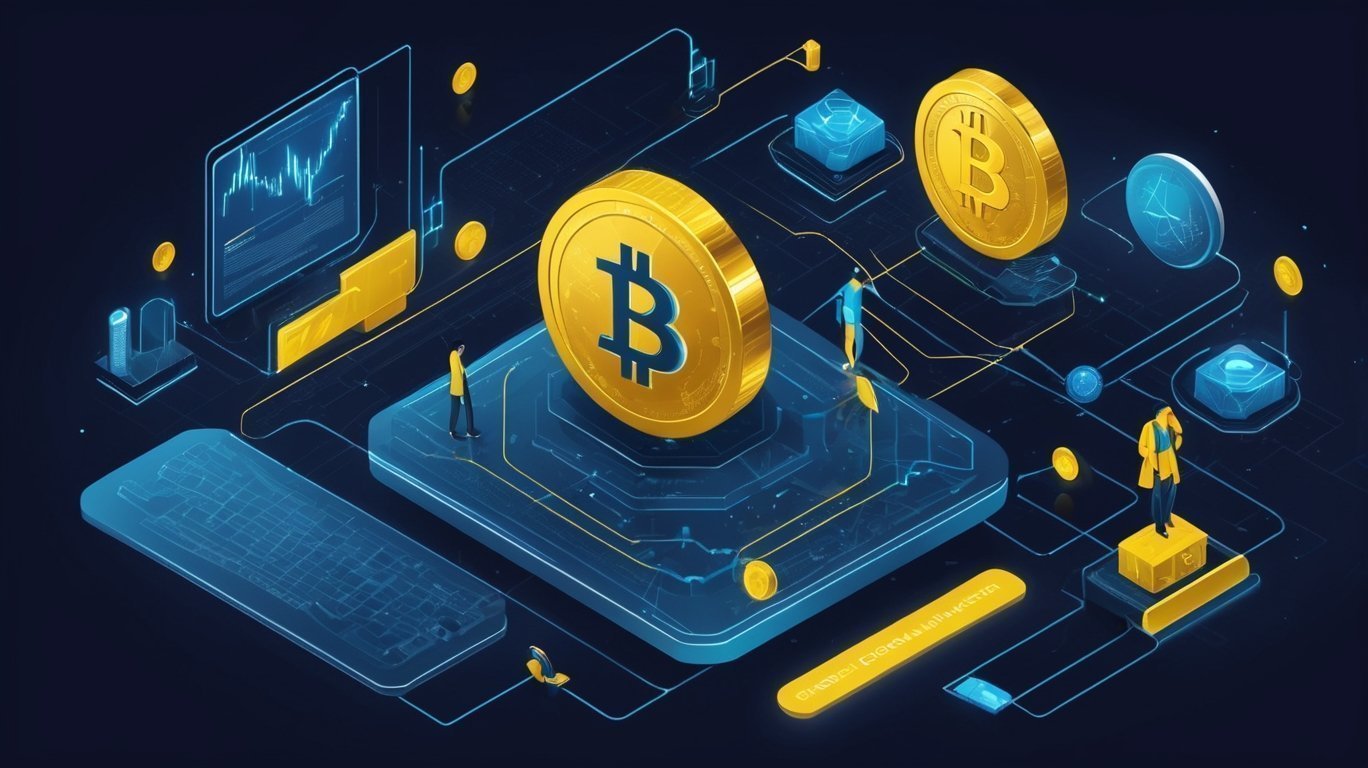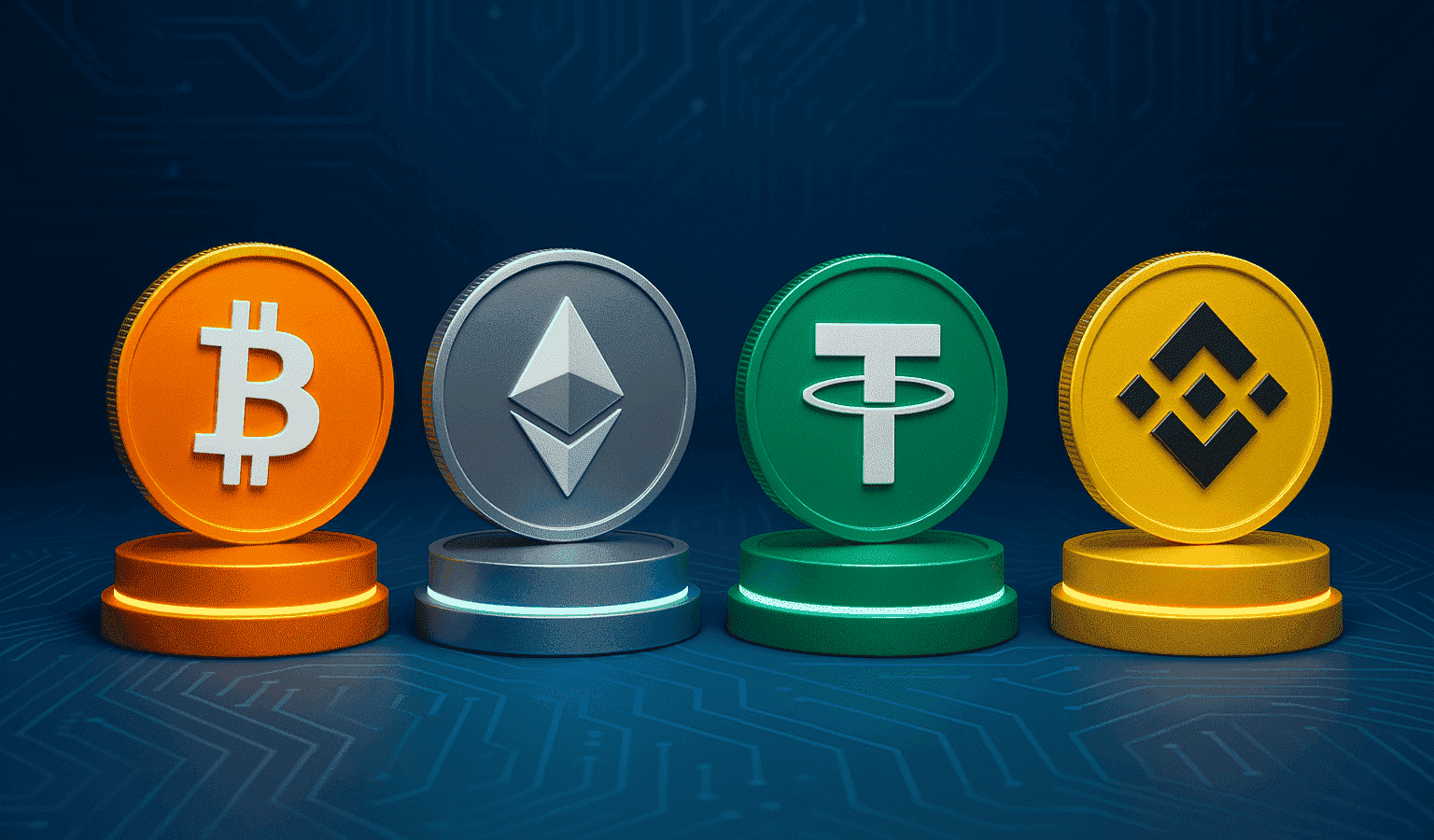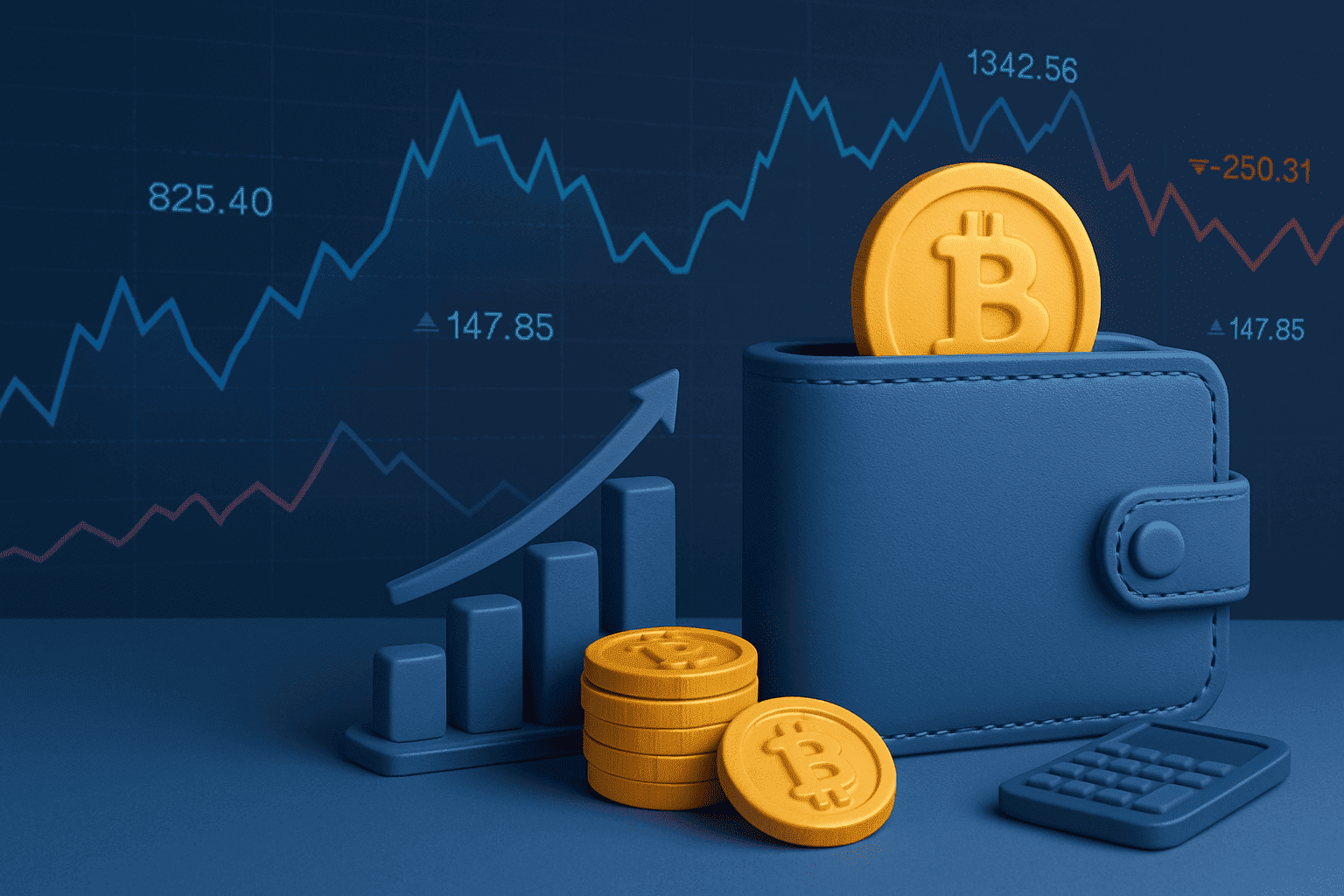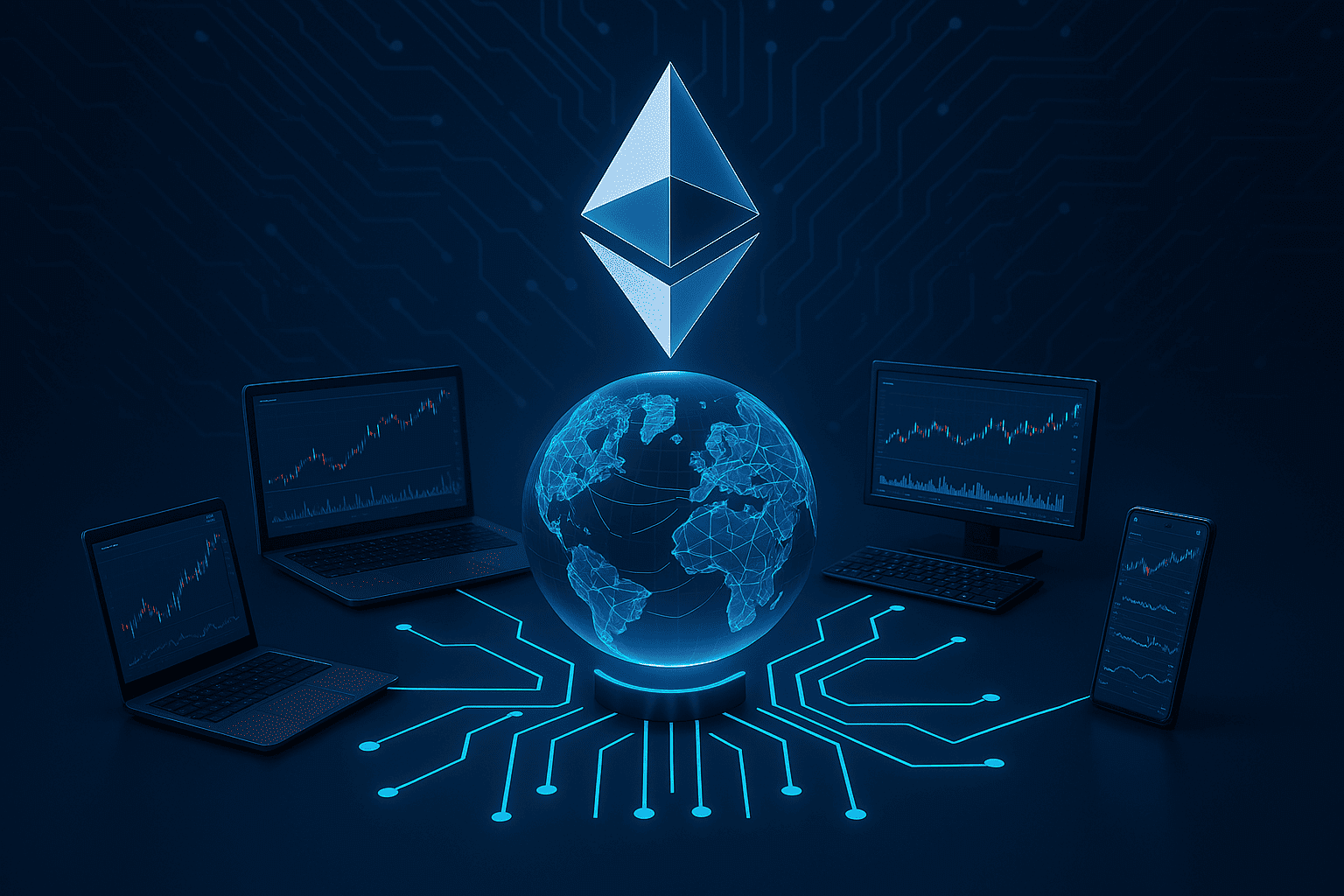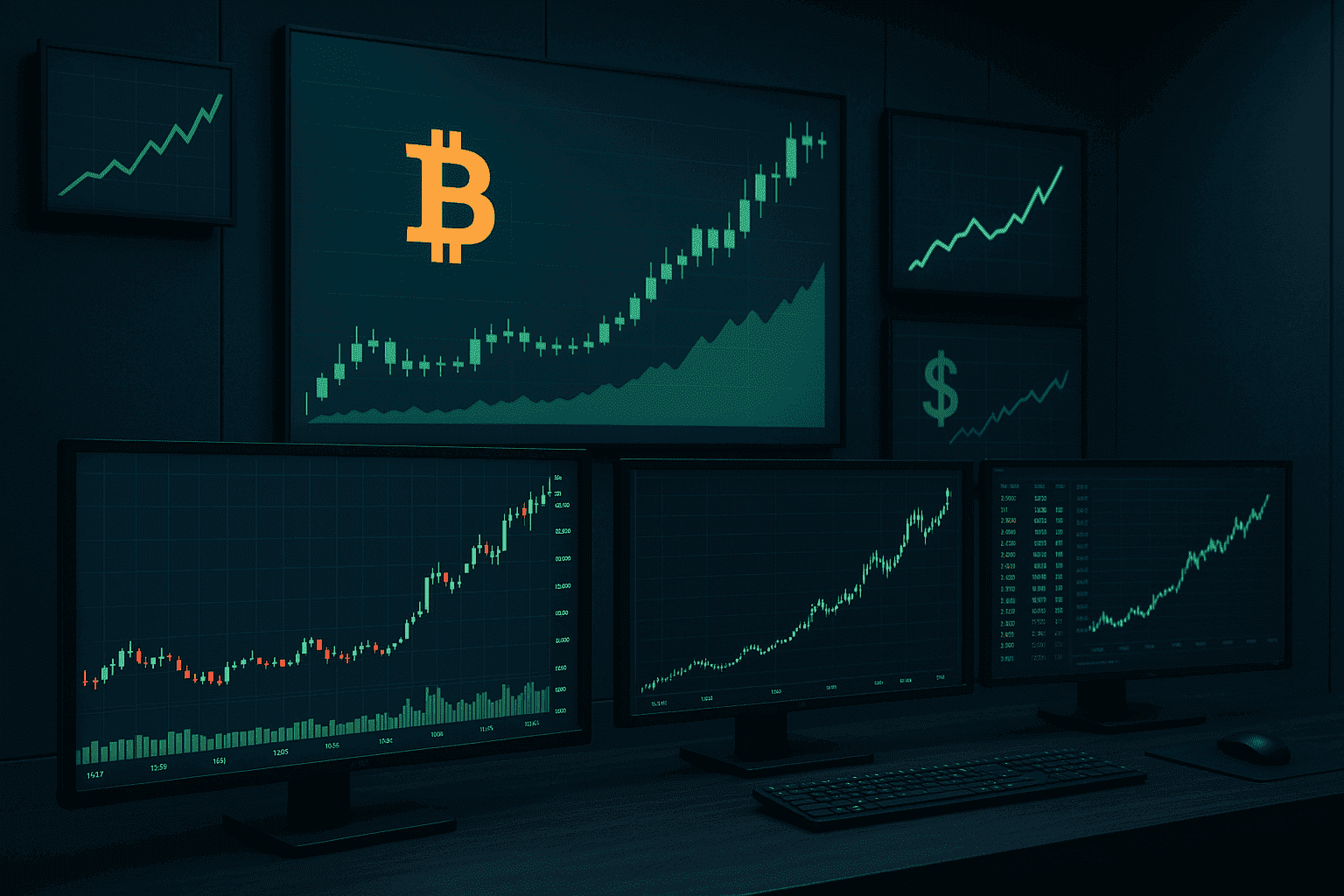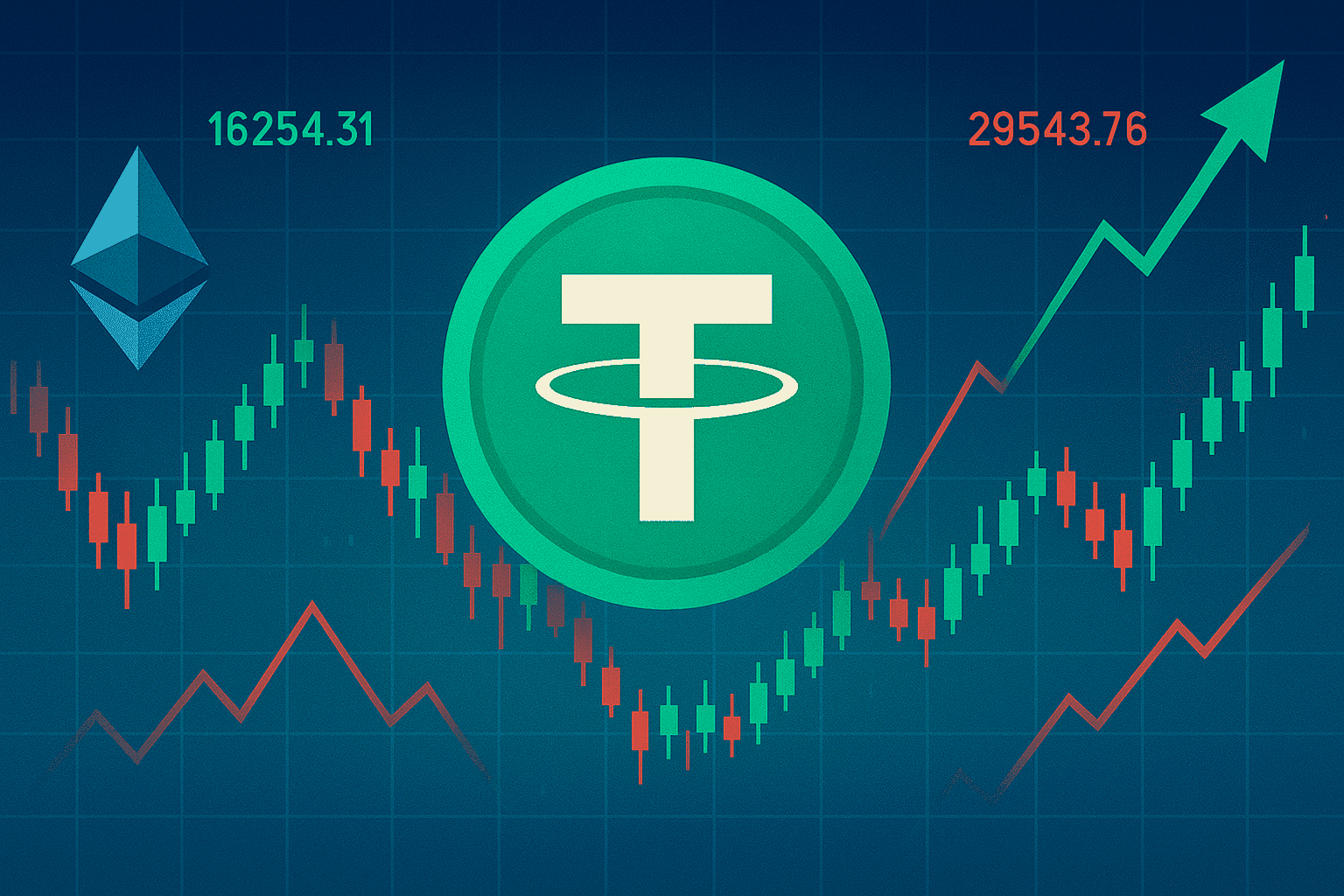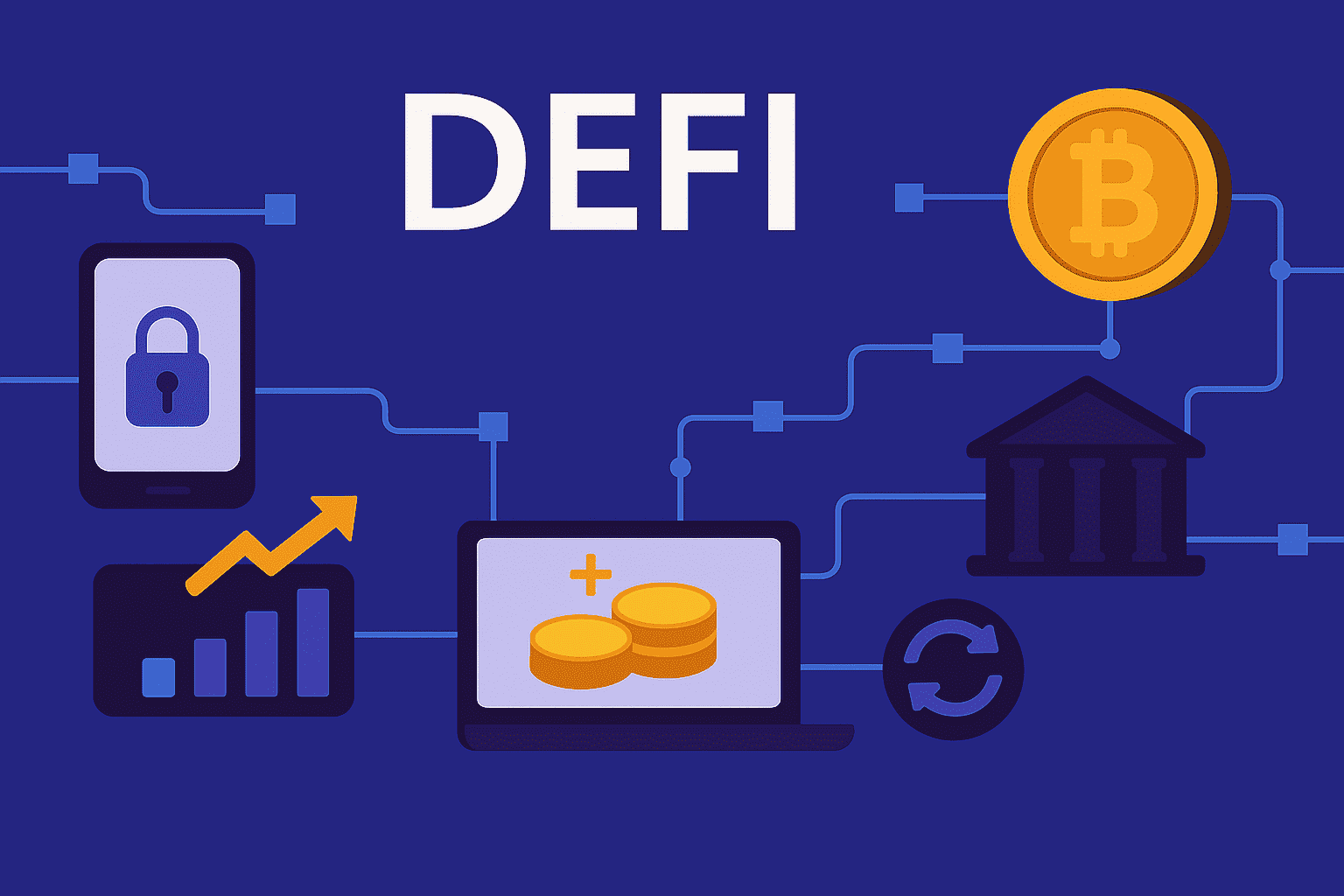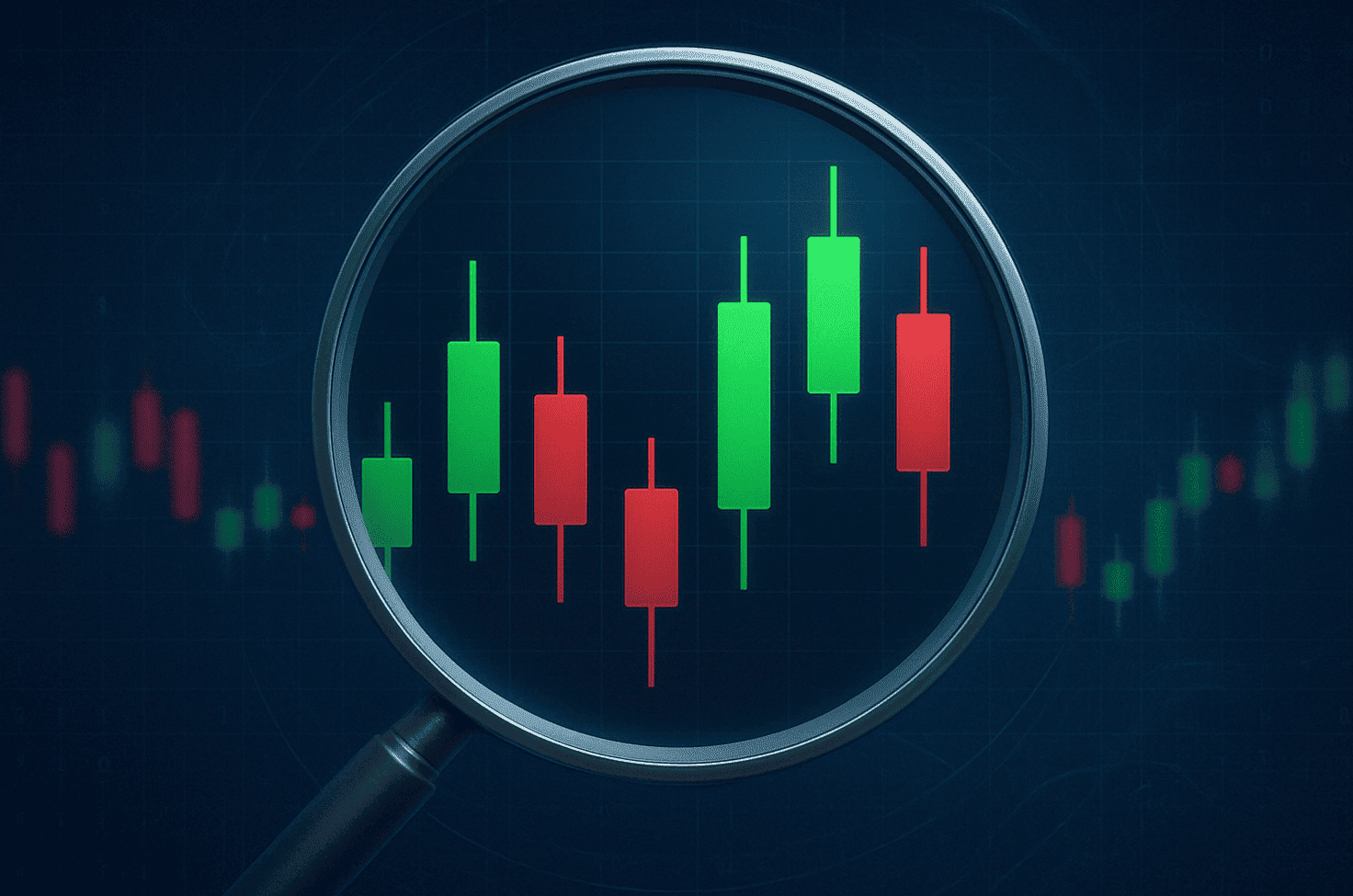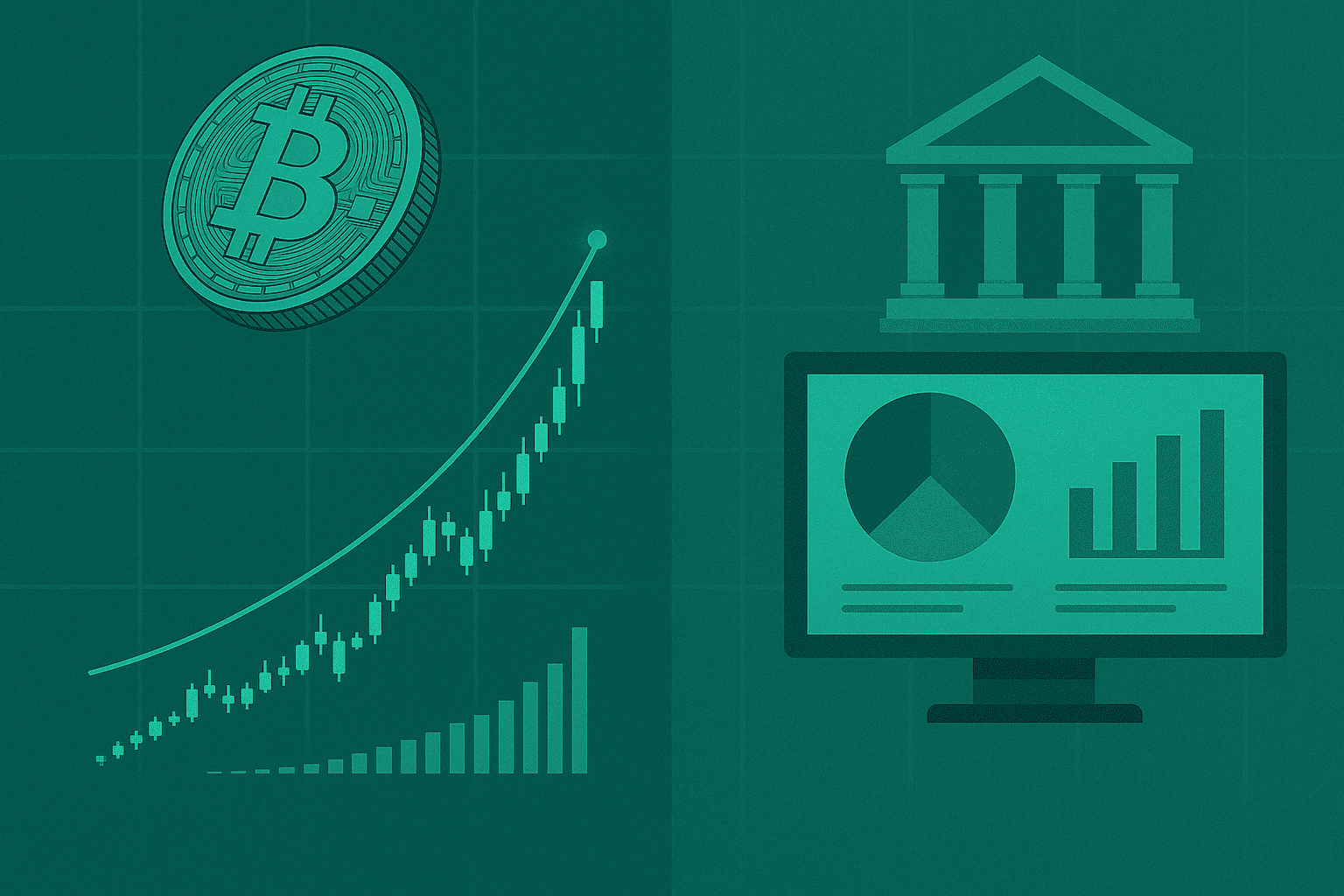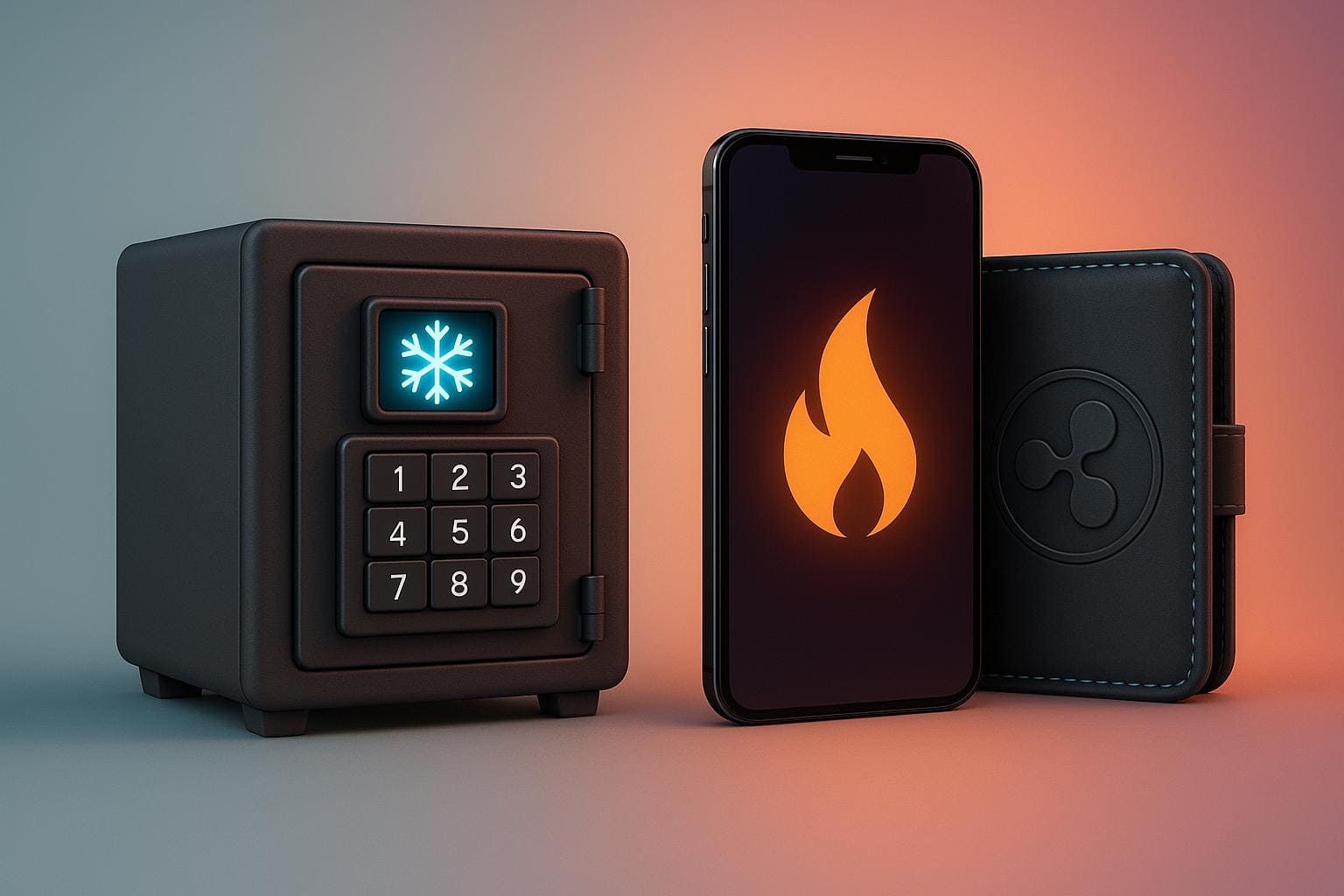Cryptocurrency is no longer just a curiosity for a narrow circle of enthusiasts. Today, it has become part of the global financial system, with thousands of people exchanging, buying, and selling different digital assets every day. If you are new and have no idea what cryptocurrency is, how it works, and why everyone is talking about it, this article will help you grasp the basics. We will discuss how to find reliable crypto exchangers, where to locate top cryptocurrency exchangers, and also cover crucial security aspects and tips for choosing the best platforms. By the end, you will understand why cryptocurrency is not just a trendy term, but a real financial tool for the modern world.
1. What Is Cryptocurrency: General Definition
A cryptocurrency is a digital or virtual currency based on cryptography. It does not have a physical form like banknotes or coins but exists solely as records in a distributed database known as the blockchain. Key features of cryptocurrencies include:
- Decentralization. Most cryptocurrencies are not controlled by governments or banks, meaning they do not depend on a country's policies or economic stability.
- Security. Thanks to cryptography and blockchain technology, transaction records are protected from tampering.
- Transparency. All transactions are stored in a blockchain that anyone can view, although real-world identities are generally anonymized through cryptographic addresses.
The best-known example is Bitcoin, created in 2009 under the pseudonym Satoshi Nakamoto. Today, Bitcoin has become synonymous with cryptocurrency in general, and many people are curious about where to buy Bitcoin cheaply or how to exchange it for fiat currency.
2. How Cryptocurrency Exchangers Work
Cryptocurrency exchangers are platforms where you can exchange fiat for cryptocurrency and vice versa. They also allow you to swap one cryptocurrency for another, for example, Ethereum to Bitcoin, or USDT to Litecoin.
2.1 Operating Principles
- Registration and Verification. Depending on the exchanger’s policy, you may need to complete KYC (Know Your Customer) procedures by providing documents that prove your identity or address. This is required to comply with anti–money laundering regulations.
- Choosing a Currency and Payment Method. On most exchangers, you can choose which cryptocurrency or fiat you want to buy or sell. You can also select a payment method: bank cards, online wallets, or other payment systems.
- Fees and Rates. Each exchanger sets its own conditions: exchange rate and fees. Some charge a fixed fee; others work with a percentage-based system. You can even find platforms with a low exchange fee, but always check the final amount before confirming the transaction.
- Transaction Confirmation. Once you select the pair, agree on the rate, and pay, your transaction is confirmed on the blockchain network. Depending on network congestion, it can take a few seconds to a few hours.
2.2 Types of Exchangers
- Centralized (CEX). These platforms are operated by a company or organization. They generally have higher liquidity and a wider range of currencies. Examples include Binance, Coinbase, and Kraken. The main drawback is that you need to trust the platform with your funds.
- Decentralized (DEX). They run on blockchain without intermediaries, and transactions take place directly between user wallets. The advantage is that you keep control of your private keys; the disadvantage is lower liquidity and a more complex interface for beginners.
- Instant Exchangers. These allow you to quickly swap one cryptocurrency for another without registration or additional procedures. Changelly and ShapeShift are examples.
- P2P Platforms. These enable direct contact between buyer and seller. The parties agree on the rate and conditions themselves, while the platform only acts as a security guarantor.
3. Comparing Exchangers: How to Find Top Cryptocurrency Exchangers
When choosing top cryptocurrency exchangers, consider several important factors:
- Reputation. Check reviews on forums, social media, and specialized websites.
- Security. Look for SSL certificates, two-factor authentication (2FA), and cold wallet storage.
- Liquidity and Trading Volumes. Higher volumes mean faster buying or selling of your desired cryptocurrency.
- Fiat Support. Not all exchangers allow direct purchase of cryptocurrency with your local currency; sometimes extra conversions are needed.
- Fees. Evaluate both trading fees and network (withdrawal) fees.
- User Interface. It’s crucial that the exchange process is straightforward, especially for beginners.
Below is an example table summarizing key features of several popular exchangers (data is for illustrative purposes and may change over time):
| Exchanger Name | Fee | Transaction Time | Supported Currencies | User Rating | Features |
|---|---|---|---|---|---|
| Binance | 0.1% per trade | 1–30 minutes | 350+ (BTC, ETH, USDT, etc.) | 4.8/5 | High liquidity, fiat support |
| Coinbase | From 0.5% + fixed | 1–60 minutes | 100+ | 4.5/5 | Easy card and bank integration |
| Kraken | 0.16% (maker) / 0.26% | 1–60 minutes | 50+ | 4.4/5 | Supports European payment systems |
| Changelly | ~0.25% | Usually up to 30 minutes | 200+ cryptocurrencies | 4.3/5 | Instant swap, simple interface |
| LocalBitcoins | Depends on agreement | Depends on seller | BTC | 4.0/5 | P2P platform, option to buy with cash |
Note that additional withdrawal fees may apply. You may also find USDT exchangers and exchangers for other stablecoins offering specific conditions.
4. Advantages and Disadvantages of Exchangers
4.1 Advantages
- Speed. Online exchangers allow for quick transactions, especially instant services.
- Convenience. Simple interfaces and a variety of payment methods help beginners navigate easily.
- Diverse Currencies. Popular platforms often support dozens or even hundreds of crypto assets.
- Additional Services. Many exchanges offer trading tools, built-in wallets, analytics, and more.
4.2 Disadvantages
- Fees. Some platforms charge high trading or network fees, affecting your final amount.
- Hack Risks. Centralized exchanges are often targets for hackers. A hack can lead to asset loss.
- Regulations and Restrictions. Some exchanges are unavailable in certain countries or require strict verification.
- Price Fluctuations. During the exchange, the price may change rapidly. If the transaction isn’t instant, you might receive less than expected.
5. How to Choose the Best Cryptocurrency Exchanger
To find the best cryptocurrency exchanger, you should do some basic research:
- Define Your Goal. Do you just want to buy cryptocurrency with fiat, or do you plan to trade regularly? If you wonder “where to buy Bitcoin cheaply”, focus on platforms with the lowest fees for that operation.
- Check Reputation. Read reviews, look for information on niche forums and social media, and compare ratings. If there are many complaints about delayed withdrawals or other issues, consider alternatives.
- Consider Fees. Apart from the main trading fee, also account for deposit/withdrawal and blockchain network fees. With large amounts, fee differences can be substantial.
- Verify Security.
- Does the platform support two-factor authentication?
- Does it store funds in cold wallets?
- Does it undergo regular security audits?
- Look for a User-Friendly Interface. This is especially important for beginners. Some exchanges offer a “Basic” mode and an “Advanced” mode.
- Check Fiat Availability. If you specifically need to exchange fiat for cryptocurrency, confirm the platform supports your local currency and has convenient payment methods (bank cards, e-wallets, etc.).
- Compare Offers in Listings. The quickest way is to visit a listing site where top cryptocurrency exchangers are gathered in a single table. You can immediately see which ones have low exchange fees, the current rates, and available payment methods.
6. How to Avoid Fraud When Exchanging Cryptocurrencies
The cryptocurrency market is quite new, and this leaves room for various scams. Here are a few tips to keep you safe:
- Use Only Verified Platforms. Choose well-known sites with positive feedback and a long operational history. Check ratings, “blacklists” of exchangers, and real user reviews.
- Beware of “Too Good to Be True” Offers. If an exchange promises extremely favorable rates or zero fees, it might be a trap. Always compare with current market conditions.
- Protect Your Personal Data. Never share private keys. If a platform asks for too much information or tries to redirect you via suspicious links, think twice.
- Use Security Tools. Enable 2FA, create strong passwords, and change them periodically. Double-check website URLs since scammers often make look-alike phishing sites.
- Avoid Unknown P2P Sellers. If you use a P2P platform, review the seller’s or buyer’s rating and transaction history. Offers from well-rated users are generally safer.
Conclusion
Cryptocurrency is more than just a trend—it’s a modern financial tool that provides fast and secure transactions, access to global markets, and opportunities to invest in future-oriented projects. However, to fully benefit from digital assets, selecting the right platform for purchasing and exchanging is crucial. Evaluating reliable crypto exchangers involves checking their reputation, security, liquidity, fees, and user-friendliness. If you’re looking for the best cryptocurrency exchanger, check out listing websites that gather leading platforms in one place. This way, you can quickly compare conditions, find low exchange fees, and learn how to choose an exchanger that meets your needs.
Remember: before investing or buying cryptocurrency, conduct thorough research and never risk more than you can afford to lose. If you’re ready to take the plunge into the digital economy, visit our website, explore the top cryptocurrency exchangers, and discover the most convenient way to exchange fiat for cryptocurrency. Wishing you safe and successful transactions!
FAQ
1. Can I buy cryptocurrency without identity verification?
Yes, there are some instant exchangers or P2P platforms that do not require KYC. However, exchange limits may be low, and the risks may be higher since these platforms also attract scammers.
2. How do I find where to buy Bitcoin cheaply?
The easiest way is to compare offers on different platforms or go to listing sites that collect up-to-date data on rates and fees. There, you can quickly see which ones have low exchange fees and the most favorable rates.
3. What makes USDT exchangers different from other platforms?
USDT exchangers specialize in transactions with Tether (USDT). Since USDT is pegged to the US dollar, its rate is more stable than most other cryptocurrencies. This makes it convenient for trading or storing funds during periods of high volatility.
4. What is the minimum amount for an exchange?
Each exchanger sets its own limits. Some allow purchases of just a few dollars’ worth of cryptocurrency, while others may require a minimum of $50 or $100. Check the platform’s guidelines for exact info.
5. Is it safe to keep cryptocurrency on an exchange?
It can be convenient for daily trading, but there is always a risk of an exchange hack. If you plan on long-term holding, it’s generally safer to transfer your crypto to a personal wallet where you control your private keys.
Want to exchange cryptocurrency quickly and safely? Visit our website and check out the top cryptocurrency exchangers — learn where you can find the most favorable rates, the best cryptocurrency exchanger, and ideal conditions for you. Choose a reliable platform and start exploring the world of digital assets today!










